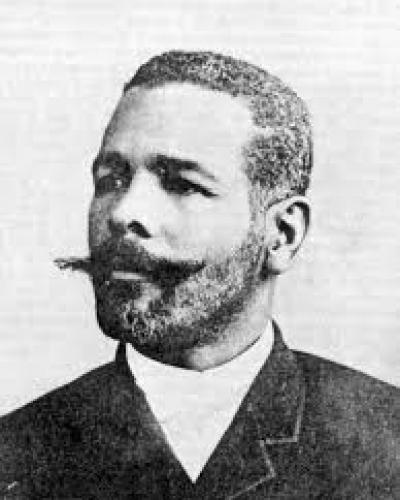Havana, June 14 (RHC)-- Cubans remember this Sunday the hero Antonio Maceo, 175 years after his birth.
Born in the eastern province of Santiago de Cuba on June 14, 1845, he was one of the military strategists of the Liberation Army and became Lieutenant General, the second in command of the independence forces of the Caribbean nation.
The Bronze Titan, a name he won for his bravery in combat and for the twenty wounds that marked his body in battle, was promoted to that post and to the rank of Major General from the most humble position.
Together with his father, Marcos Maceo, and his brothers, encouraged by his mother, Mariana Grajales, he joined the war against the Spanish metropolis in the same year of its outbreak, 1868.
During the ten years of that first conflict, he took part in numerous war actions, until he starred in what the Cuban National Hero, José Martí, would call the most glorious event in the country's history: the Baraguá Protest.
In February 1878, when disunity, weariness due to the rigors of the struggle and other conditions led to the signing of the Zanjon Pact with Spain, Maceo opposed it.
During a meeting with Spanish General Arsenio Martínez Campos, in Mangos de Baraguá, he stated that he would not accept "to lay down his arms without having proclaimed the independence of Cuba or the abolition of slavery."
The historic leader of the Cuban Revolution, Fidel Castro, would say many years later that Antonio Maceo embodied "the spirit and the radicalized revolutionary conscience."
That prestige gained, together with his qualities as a military leader, made Jose Martí call on him when he was organizing the war of 1895: "Without Maceo, the insurrectionary forces would never be complete."
On April 1, 1895, the Bronze Titan would once again set foot on Cuban soil to lead companies such as the Invasion of the West, together with Máximo Gómez, who in about a year and a half took the war to the western end of the island.
On December 7, 1896, after having taken part in more than 600 battles for the freedom of Cuba, he was killed in combat at Punta Brava, San Pedro, near the city of Havana.
This June 14, given the measures of confrontation to the Covid-19, his native city will carry out a simple homage in the house where he was born, and also in the area of protocol of the square that bears his name.


